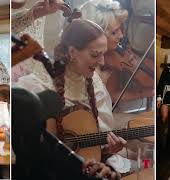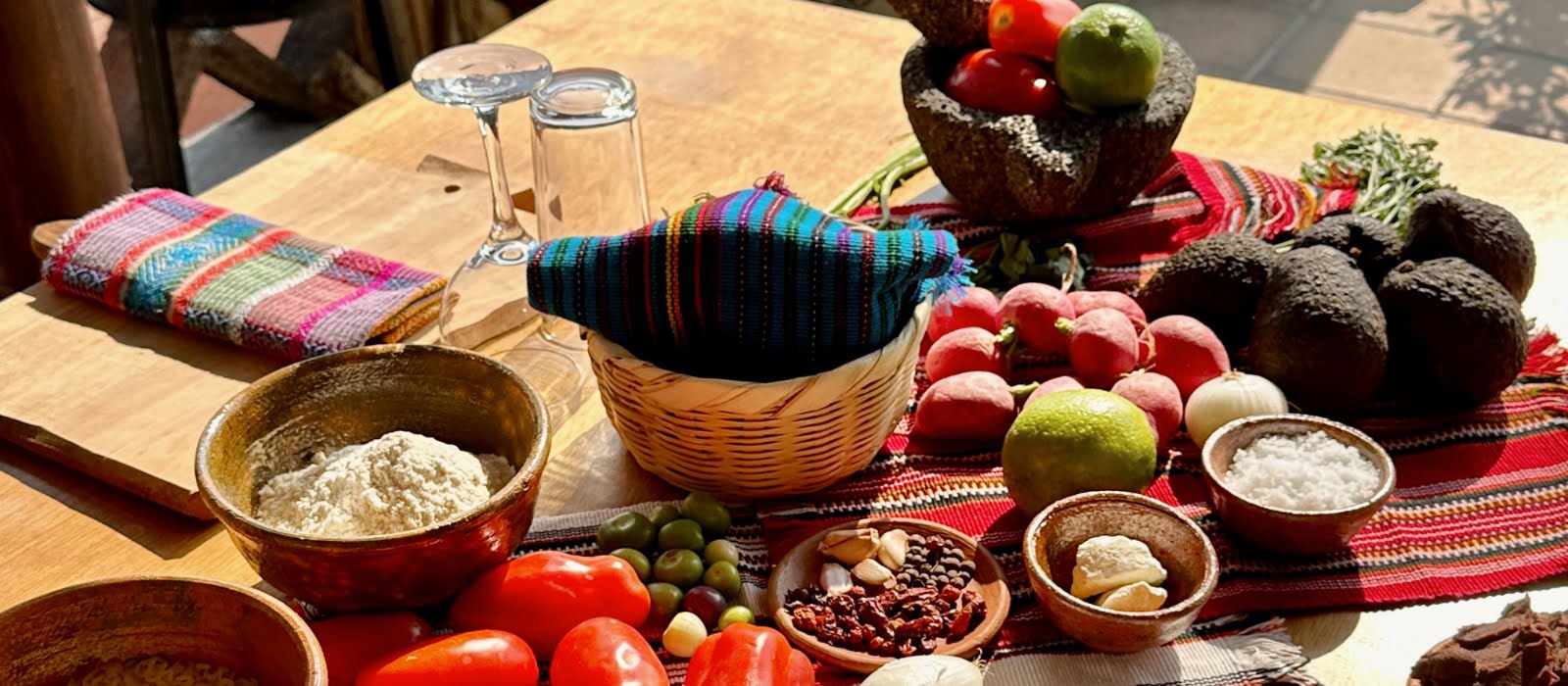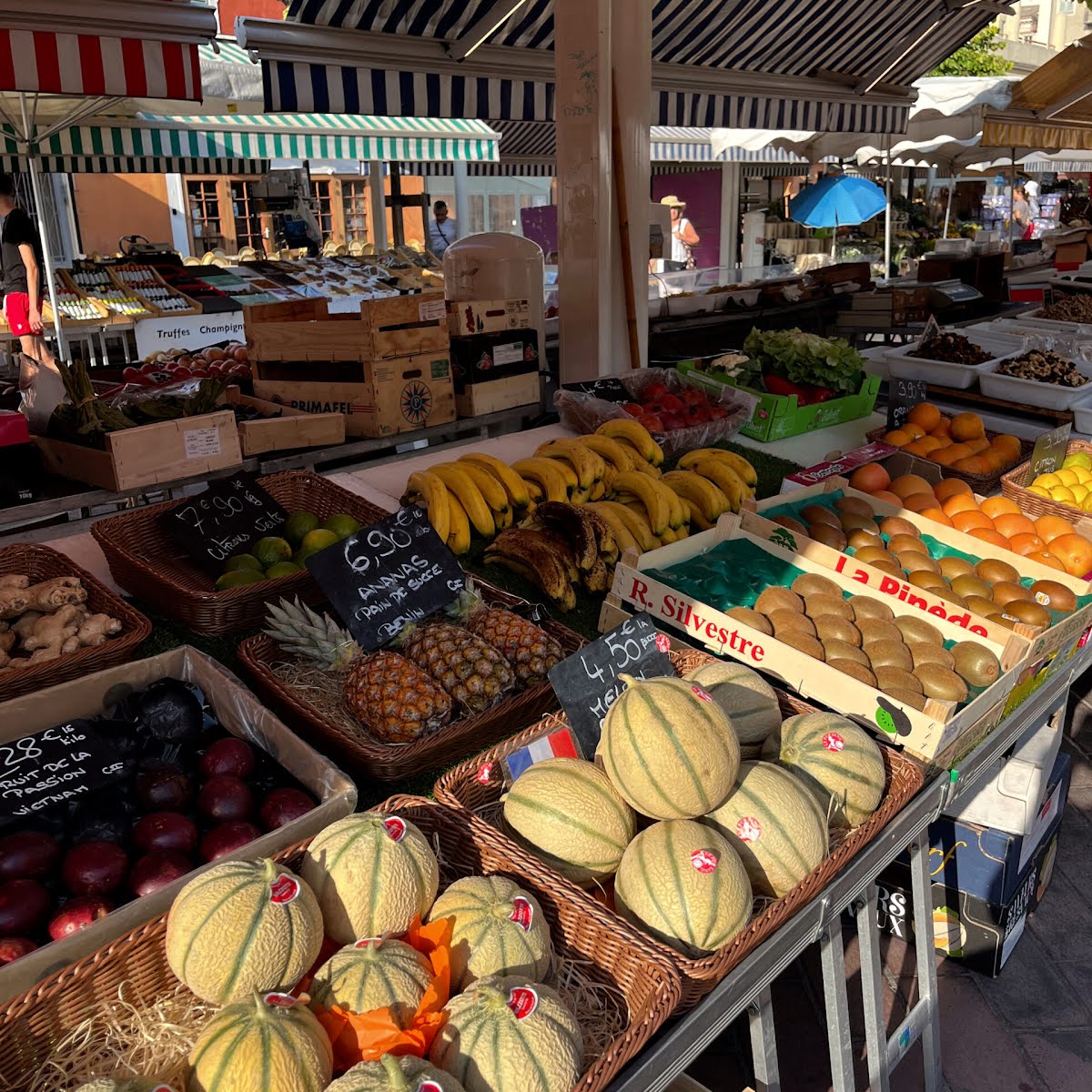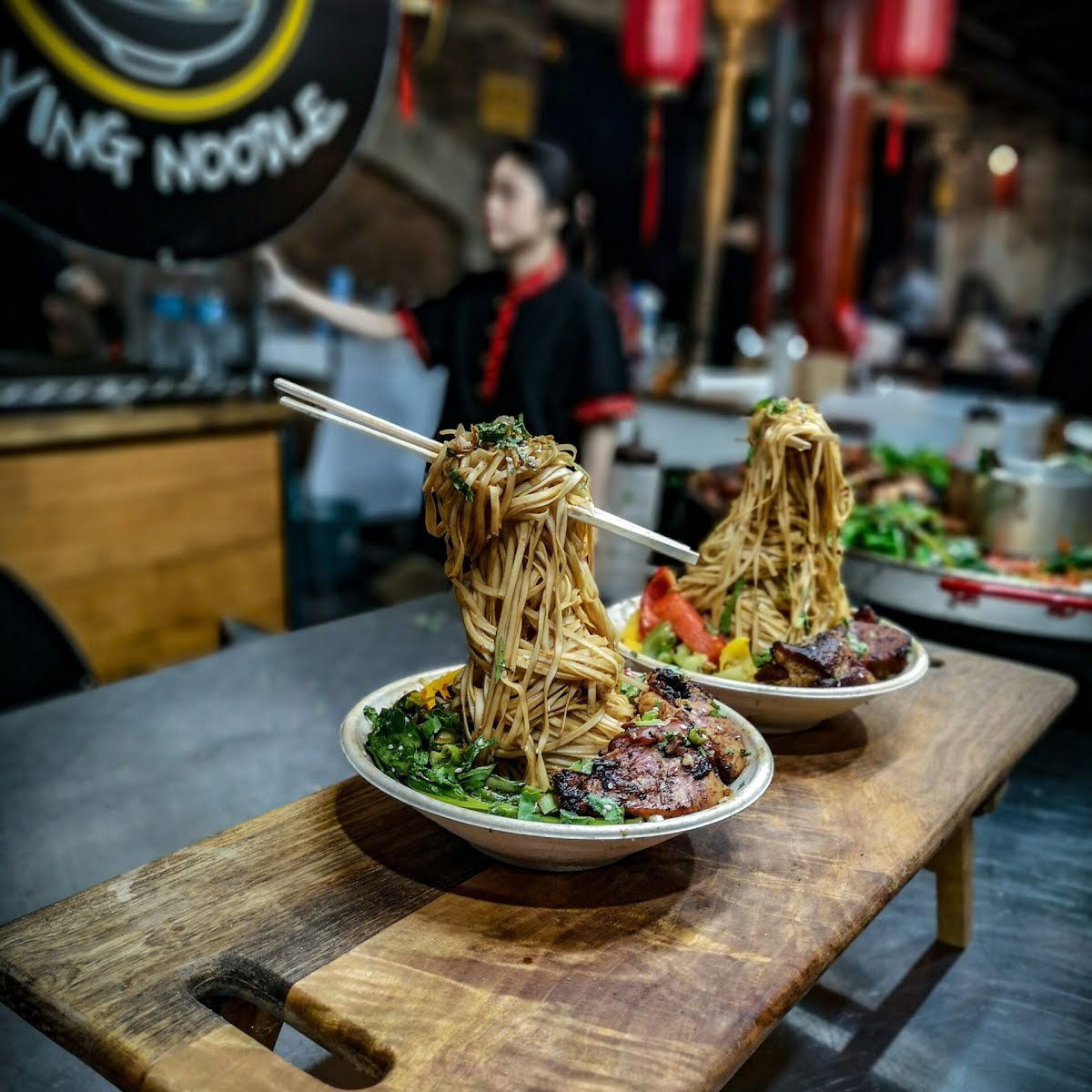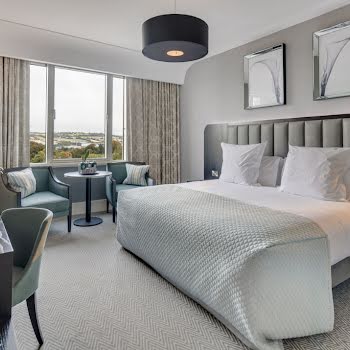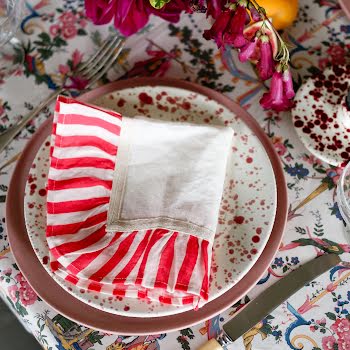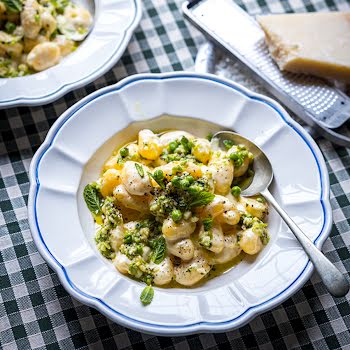
Dupe Photos
‘There is no better way to explore the world than through the universal language of food’
Meet our brand new contributing food writer, Alex O’Neill. One half of the fiercely popular Bahay and co-author of the very first Irish-Filipino cookbook, Masarap, Alex relishes all things food culture. Here, she’s penned an ode to experiencing the world like locals do, and the importance of food as an emotional connector.
As I write this, I am sitting cross legged on my bed, posture so appalling my back is already aching, yet I am unwilling to move for anything other than the round chocolate biscuits with little white biscuit stars on them, so that I, for a moment, can pretend I am in Rome again.
But I am not in Rome, I am staring out my window, hunched over, into the miserable grey scene in front of me, which looks more like a November day rather than one in the middle of August. What is it about post-summer holiday blues? They manage to get you every single time, even when you are ready, prepared and expecting their arrival?
The horrible heavy feeling of “take me back” and “how do we live like this” when comparing my life in dreary Dublin to one on the continent. The feeling of hot air surrounding your body as you step off the plane, the sights of fruit sellers lining up all the colours of the rainbow, with watermelons bigger than your head, peaches dripping in juice, and pineapples piled on top of each other.
Salty beaches with BBQs, queues for the morning bakery—something you get up happily for—the fresh still-warm pastries. It’s the perfect start to any day. Laid back locals live laugh loving life to the fullest, the warm breeze and sunny blue skies like lovely warm hugs, each day as idyllic as the last. The only worry being the calendar on your phone, the number creeping closer and closer to the one on your Ryanair itinerary, these thoughts are the first signs of what awaits at home… I am yet to escape these holiday blues. And I’m sorry if I just pushed you back into thinking about your own.

I have no cure to share, no top tip other than “go book another holiday, hun.” But I can tell you a few things that help. Bags, boxes, jars, bottles, tubs, tins and sleeves of whatever local delicacy you can pick up, stuffed into a crammed suitcase, to bring the taste of the holiday home with you. Bringing home an edible token, a treat, a taste, that allows you, just for a moment, to go back to the balcony you so long for, the beach you can’t wait to lie on, the piazza you wish to be teleported to, to sit, eyes closed, and feel like you’re right back there.
In case these first few paragraphs haven’t been clear enough; my favourite thing about travelling—no matter where I go to—is trying what the locals love to eat, drink and indulge in. I see no better activity than sniffing out the best local haunts, to try the most beloved local dishes, served the way the locals like. If you specialise in it, I want it. If your granny makes the best classic dish, I’m inviting myself to dinner. If you know a place, I am going and you’re coming with me.
Food is the window into a people, into a place, into the history, and it’s one of the best ways to truly get to know wherever you are lucky enough to visit.
Whether it be a fish restaurant that’s only accessible on a rental boat, one which travels at 8 knots an hour, I’m driving it. A hatch in some tiny lakeside town with no direct bus route? I’ve rented us bikes. A Portuguese restaurant that’s a 35 minute drive away, that is essentially an elderly man’s concreted front garden, with discoloured plastic chairs that, with one wrong move, will collapse from under you? I’ve sorted a lift and will warn you not to lean back.
I not only embrace, but welcome the idea of driving five hours in the worst traffic I’ve ever seen, to arrive to a dusty roadside restaurant that specialises only in chopped up pig’s head, grilled until it’s the perfect mixture of crunch, crisp, and chew in Pampanga, the food capital of the Philippines. Seeking out these local delicacies, the favourite spots of those who really know, is the best way to enjoy a place, experience it, and get to know it. The same goes for the people.
If I am lucky, I’ll have a friend who’s from the place where I’m visiting. I’ll reach out, and see if they have a “go-to” list. I have many of these lists; Rome, Lisbon, New York, Berlin, Delhi, Madrid, Copenhagen, San Sebastian, Hong Kong, Chicago, Manila. I have lists of places I haven’t yet been, but if I meet somebody from somewhere I haven’t been, I will ask them for their recommendations in the hopes that one day I can go back and reference it. If I don’t have the local insider scoop? Well, I find other ways.
Apartment rental hosts, AirBnB key drops, chatty taxi driver’s, friendly fellow passengers, record shop owners, tattoo artists, even people on the street who are eating something that looks amazing. I have no shame in the hunt for greatness, often to my travel partner’s embarrassment.


